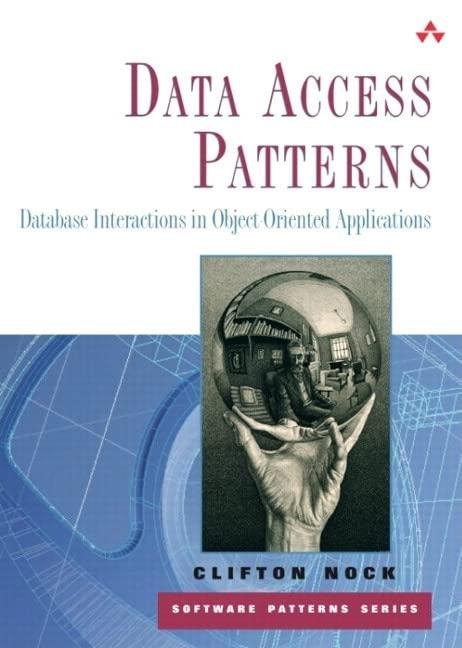Question
Given a variation of A* search that uses a heuristic function which is not admissible but is Q-admissible (i.e. h(n) 0 and h*(n) is the
Given a variation of A* search that uses a heuristic function which is not admissible but is Q-admissible (i.e. h(n) <= Q + h*(n) for all nodes n, where Q>0 and h*(n) is the true cost from node n to a goal). This implies h(n) will never be more than Q away from being a perfect estimator of the least cost path btwn n and a goal state.
a) Will this search be complete? Explain why or why not
b) Will this search be optimal? If X* is the optimal cost from the start to a goal state, what is the worst cost solution this type of A* search would generate? Justify why.
c) How can you modify a Q-admissible search in order to generate an optimal solution every time? Explain and justify the mods.
Step by Step Solution
There are 3 Steps involved in it
Step: 1

Get Instant Access to Expert-Tailored Solutions
See step-by-step solutions with expert insights and AI powered tools for academic success
Step: 2

Step: 3

Ace Your Homework with AI
Get the answers you need in no time with our AI-driven, step-by-step assistance
Get Started


